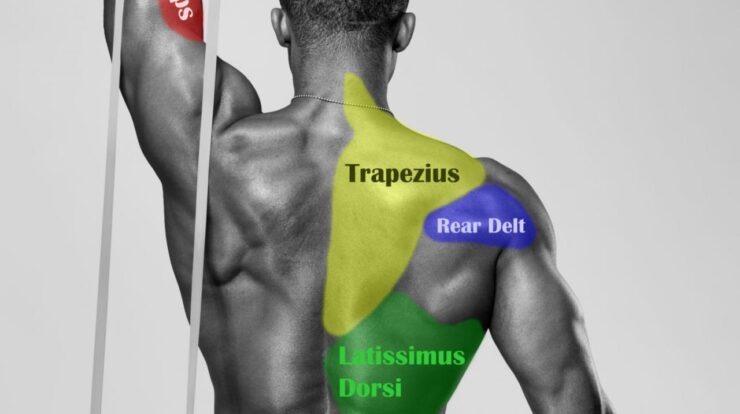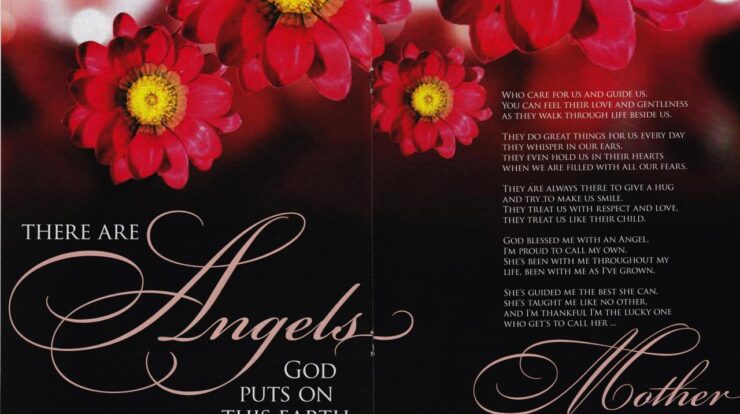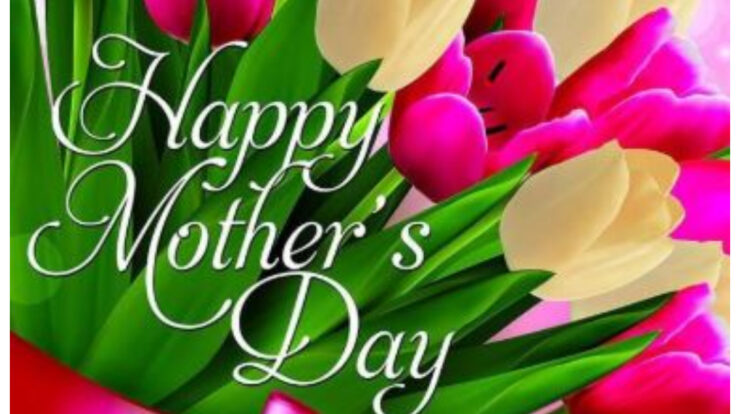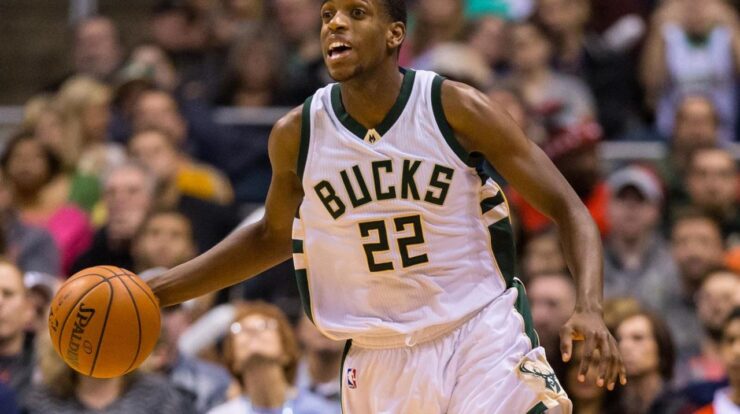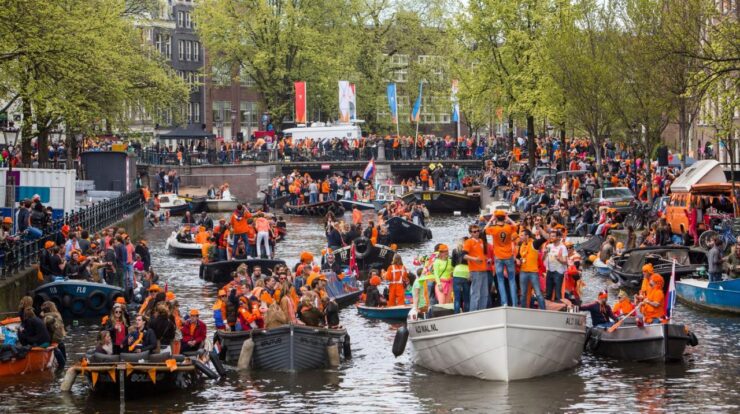
Kings day netherlands – King’s Day in the Netherlands, a vibrant and captivating celebration, sets the stage for an enthralling narrative, offering readers a glimpse into a story that is rich in detail and brimming with originality from the outset.
With its origins steeped in the annals of Dutch history, King’s Day has evolved into a multifaceted event that encompasses cherished traditions, vibrant customs, and a profound sense of national pride.
History of King’s Day
King’s Day in the Netherlands is a national holiday celebrated annually on April 27th to mark the birthday of the reigning monarch. Its origins can be traced back to the 19th century when the country was ruled by King William III.
In 1885, the Dutch people decided to celebrate the king’s birthday as a national holiday, known as Queen’s Day, in honor of Queen Wilhelmina, who was born on August 31st. However, in 1949, when Queen Juliana ascended to the throne, the holiday was moved to April 30th to coincide with her birthday.
When Queen Beatrix succeeded her mother in 1980, she chose to keep the holiday on April 30th, despite her birthday being on January 31st. This tradition continued until 2013 when King Willem-Alexander became the reigning monarch and moved the holiday to April 27th, his birthday.
The House of Orange, the royal family of the Netherlands, has played a significant role in the history of King’s Day. The House of Orange was founded in the 16th century by William the Silent, the leader of the Dutch revolt against Spanish rule.
Over the centuries, the House of Orange has been instrumental in shaping the Netherlands’ political and cultural landscape. King’s Day is a testament to the enduring legacy of the House of Orange and its connection to the Dutch people.
Customs and Traditions: Kings Day Netherlands
King’s Day is celebrated throughout the Netherlands with a variety of customs and traditions.
One of the most iconic symbols of the holiday is the color orange. Orange is the national color of the Netherlands and is associated with the House of Orange. On King’s Day, the streets are adorned with orange decorations, and people wear orange clothing and accessories.
Another popular tradition is the flea market. On King’s Day, people set up stalls in the streets and sell their used belongings. Flea markets are a great place to find unique items and souvenirs.
Music festivals are also a common feature of King’s Day celebrations. Many cities and towns host free concerts and music events throughout the day.
Regional Variations
While King’s Day is celebrated throughout the Netherlands, there are some regional variations in the festivities.
In Amsterdam, the capital of the Netherlands, the celebrations are particularly lively. The city center is closed to traffic, and the streets are filled with people wearing orange and enjoying the music and festivities.
In The Hague, the seat of the Dutch government, the celebrations are more formal. There is a military parade in the morning, followed by a speech by the king or queen.
In other parts of the Netherlands, the celebrations are more relaxed. People often gather in parks or squares to enjoy the sunshine and have a picnic.
Cultural Impact
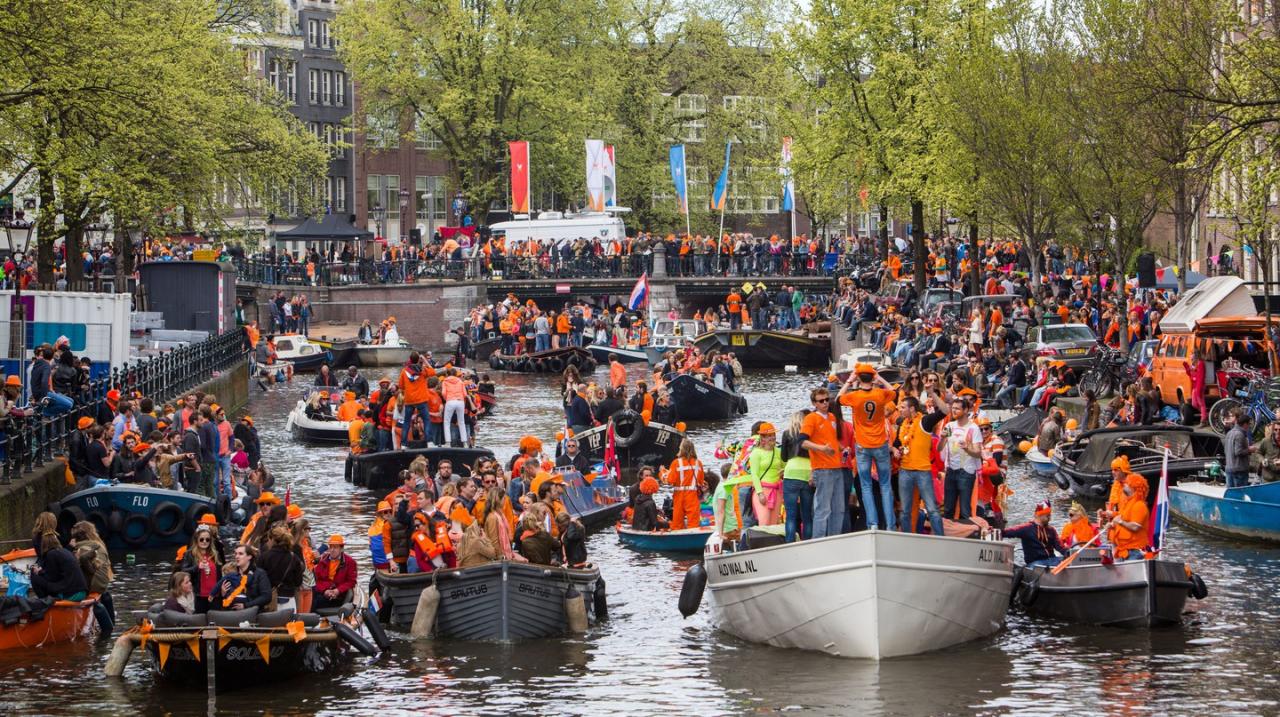
King’s Day is a major cultural event in the Netherlands. It is a day for people to come together and celebrate their national identity.
The holiday fosters a sense of national unity and pride. It is a time for the Dutch people to reflect on their history and culture.
King’s Day also plays a role in preserving Dutch heritage and traditions. The holiday is a reminder of the country’s rich history and the role that the monarchy has played in shaping the Netherlands.
Economic Impact
King’s Day has a significant economic impact on the Netherlands.
The holiday generates billions of euros in revenue for the Dutch economy. This revenue comes from tourism, retail sales, and other sectors.
King’s Day is also a major promotional event for Dutch businesses and products. Many businesses offer special deals and discounts on King’s Day.
Environmental Impact
King’s Day can have a negative impact on the environment.
The large crowds of people and the use of fireworks can generate a lot of waste and pollution.
In recent years, there have been efforts to reduce the environmental impact of King’s Day. These efforts include waste management strategies and sustainability initiatives.
Final Wrap-Up
In conclusion, King’s Day in the Netherlands stands as a testament to the enduring spirit of Dutch culture, a vibrant tapestry woven with threads of history, tradition, and a deep-seated sense of national unity. As the festivities draw to a close, the legacy of King’s Day continues to inspire and captivate, leaving an indelible mark on the hearts of the Dutch people and visitors alike.
FAQ Insights
When is King’s Day celebrated?
King’s Day is celebrated annually on April 27th, the birthday of King Willem-Alexander.
What is the significance of the color orange on King’s Day?
Orange is the national color of the Netherlands and is associated with the House of Orange, the Dutch royal family.
What are some popular activities during King’s Day?
Popular activities include flea markets, music festivals, street parties, and boat parades.

